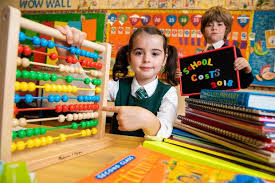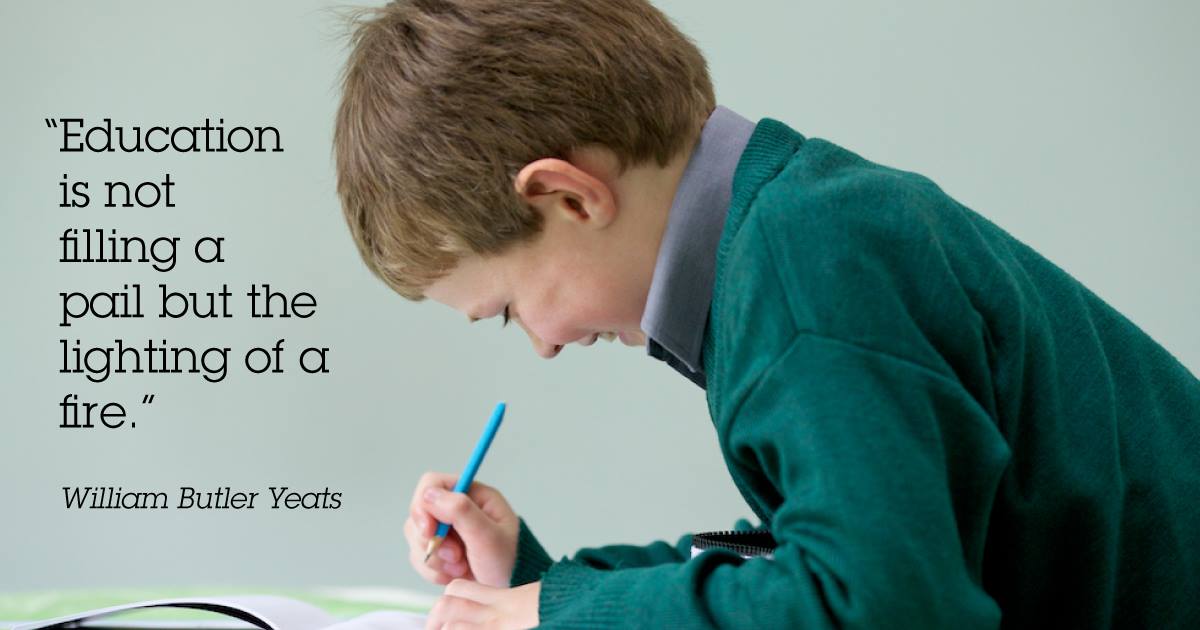
By Ann Marie Foley - 02 August, 2020

Anxiety about COVID-19 dominated this year’s Barnardos Back to School Survey. This annual study is usually about the stress of funding children’s return to school, however, 2020 brings the added worry of returning after schools have been closed since March.
Sixty per cent of young people surveyed said that they are worried about COVID-19 when they think of returning to school.
“I have no clue on what it will be like when she goes back and if she will be safe,” stated one primary school parent.
The feedback in the survey shows that there is a lack of clarity. The government plan for returning to schools was only published in the last week in July, and the Barnardos’ Back to School survey was completed between 2-16 July 2020 so there was not full knowledge of the plan.
However, parents did report the concerns of their children about returning to school. Most young people were happy about getting back to seeing their friends and learning in a school setting however they had concerns about what group they might be put into (in primary schools) and about contracting COVID-19.
“I am excited to see my friends but I live with my nana and I am worried about getting the virus and giving it to her. The news said we might have to stick with 3 people this makes me sad and makes me feel really worried as I have girls in my class that bully me. I feel worried what if I get put with one what do I do?” stated one primary school girl, in the survey.
As well as asking about the cost of going back to school, the survey had extra questions about COVID-19.
“Of the 1,765 parent respondents, the vast majority believe strongly in the emotional and social benefit of children being in school but are worried about the effect school closures have had on their children,” said Suzanne Connolly, CEO, Barnardos. “Over 90 per cent of parents believe it is important for their children to return to school for their emotional and social development, and mental health wellbeing.”
She added that parents are also concerned about the impact of social distancing, or the lack of the same, and are looking for information to help them prepare their children for school.
 The survey found that most parents found balancing work and home-schooling difficult during the lockdown. Forty-four per cent of primary school and 48 per cent of secondary school parents found managing technology for online learning difficult. Around a quarter (23 per cent) of both primary and secondary school parents said they did not have access to technology for their child to learn remotely. More than half (55 per cent ) of primary school parents and 53 per cent of secondary school parents said they had extra costs this year due to their child not being in school from March to June.
The survey found that most parents found balancing work and home-schooling difficult during the lockdown. Forty-four per cent of primary school and 48 per cent of secondary school parents found managing technology for online learning difficult. Around a quarter (23 per cent) of both primary and secondary school parents said they did not have access to technology for their child to learn remotely. More than half (55 per cent ) of primary school parents and 53 per cent of secondary school parents said they had extra costs this year due to their child not being in school from March to June.
The survey also found the usual pressures of paying for children’s education has not gone away. The average basic cost for a senior infants pupil is €330; a fourth class pupil is €365 and a first year pupil is €735. Costs have mostly stayed static since last year, but still two in every five primary school parents and half of secondary school parents say they have to cut back, avoid paying other bills or borrow money to pay for their child’s education. While around on third (31 per cent) of parents borrowed from a credit union or bank, 29 per cent used credit cards, 27 per cent borrowed from family or friends, and 13 per cent borrowed from a money lender.
Some 255 school pupils also took part in the survey and among their concerns was the fear that they have fallen behind in the school work as they found home study difficult and their wifi was poor. Others worried whether their family would be safe when they return to school, or how would social distancing work.
“I’m absolutely scared. Going into sixth year during a pandemic like this is the most stressful thing a child can go through,” stated one secondary school boy.
Suzanne Connolly welcomed the government’s plan to reopen schools and the fact that it includes “comprehensive measures to support children and young people’s mental health and wellbeing”. She added that: “It is imperative these plans are implemented swiftly.”
Among Barnardos’ recommendations following the survey was:
It also called for additional learning supports, such as individual and small group tutoring, for children who suffered more during school closures.